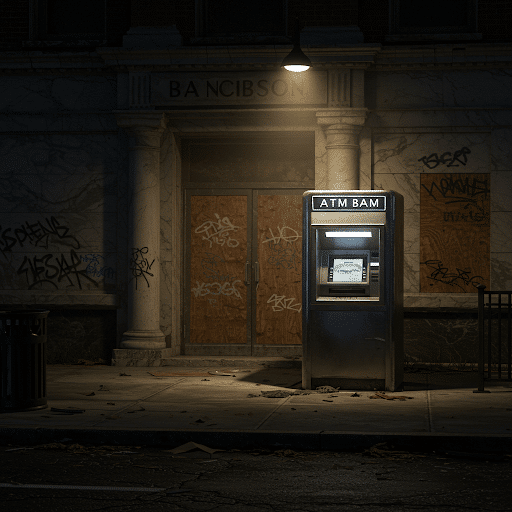What Does a Plaintiff Have to Prove Get Compensation in a Baltimore Personal Injury Case?

Comparing Burdens of Proof in Baltimore Personal Injury Litigation
The burden of proof refers to the level of evidence a party must present to establish a fact in legal proceedings. Different legal contexts require different burdens of proof, with three primary standards used in U.S. courts: preponderance of the evidence, clear and convincing evidence, and beyond a reasonable doubt. Each has a distinct level of certainty required for a decision.
What Does a Plaintiff Have to Prove in a Baltimore Personal Injury Case? Preponderance of the Evidence Standard
A plaintiff’s Baltimore personal injury lawyer has what’s known as the “burden of proof” in trial. The plaintiff must first produce evidence, through testimony, and tangible evidence- like photos or medical records. Secondly, that evidence must be sufficient, as judged by the applicable standard, to persuade a jury that the event [e.g a car accident in Baltimore] happened the way the plaintiff said it did. As Attorney Eric T. Kirk will tell you.
In a motor vehicle accident trial, the burden of proof is by a “preponderance of the evidence“. In other words, that which is sufficient to create an impression in the minds of the jurors that it is more likely so than not so. This is actually a two-step process. The level of proof must be legally sufficient [ i.e. a judge determines that a reasonable jury could conclude plaintiff carried the day], and it must, in fact, persuade the jury that plaintiff is entitled to recover. The seasoned Baltimore personal injury lawyer knows that juries are instructed that if they find the evidence presented to be evenly balanced, they must find against the plaintiff. I have tried hundreds of cases over the years. I extend a complimentary case analysis and opinion about their legal case to those that consult with me. Please call me today to arrange a meeting.
Standard: More likely than not (51% or greater probability).
Used in: Civil cases (e.g., personal injury, contract disputes, insurance claims).
The preponderance of the evidence standard is the lowest burden of proof. This standard is used in civil litigation, including personal injury lawsuits and insurance disputes, because the stakes—typically monetary damages—are lower than in criminal cases. What Does a Plaintiff Have to Prove in a Baltimore Personal Injury Case? It’s more likely than not they were hurt, and it was the other guys fault. A party must show that their version of events is more likely true than not. If the plaintiff can establish that it is 51% likely the defendant caused harm, they prevail.
What Does a Plaintiff Have to Prove in Certain Baltimore Personal Injury Cases?
Clear and Convincing Evidence Standard: Substantially more likely true than not (~75% certainty).
Used in: fraud claims, punitive damages
The clear and convincing evidence standard is higher than a preponderance but lower than beyond a reasonable doubt. It requires evidence that makes the judge or jury believe a claim is highly probable. In Baltimore, this standard applies in awarding punitive damages, or proving fraud. Courts use this standard to ensure a higher degree of certainty before making serious legal determinations.
What Does a Plaintiff Never Have to Prove in a Baltimore Personal Injury Case?
Beyond a Reasonable Doubt Standard: No reasonable doubt remains (~95% certainty).
Used in: Criminal cases (e.g., murder, theft, assault).
The beyond a reasonable doubt standard is the highest burden of proof, used exclusively in criminal cases where a person’s freedom or life is at stake. What Does a Plaintiff Have to Prove in a Baltimore Personal Injury Case? Despite what dedicated, hardworking defense attorneys argue, a Plaintiff need not convince the jury that there is no reasonable doubt that the defendant caused the accident, or that they were hurt.
The burden of proof varies depending on the type of case and the severity of consequences. Preponderance of the evidence is the lowest standard, used in civil cases where financial damages are at stake. Clear and convincing evidence is a higher threshold, used in cases involving fundamental rights. Beyond a reasonable doubt is the strictest standard, reserved for criminal prosecutions where liberty is on the line. These distinctions reflect the legal system’s effort to balance fairness and justice based on the risks involved in different types of cases.



